Read through the conclusions of the blockchain series: Blockchain is essentially a governance model
The blockchain technology that appears today will also lead to a new era. The strength of this new era revolution may be ten times or hundred times that of the Internet revolution . — Zhang Shousheng
Internet shaping e-commerce
With the development of Internet technology, many offline businesses have been moved to online, enabling the mapping of the physical world to the bit world. Greatly recreated the original business process, management model, and gave birth to a new business ecology. Especially reflected in the e-commerce industry and the financial sector.
The rise of China's traditional e-commerce platforms, represented by Taobao and JD.com, gathers a large amount of buyer and seller information, provides service at both ends, and provides a comprehensive shopping process: product selection, ordering, settlement, logistics inquiry, return and exchange, disputes Processing, the entire shopping process is completed in one stop. All traditional immersive shopping behaviors have been digitized, and the time and regional dimension reduction of physical stores has been completed. With the popularity of mobile smart terminals and the development of social relationship networks, online shopping has gradually formed a new form based on a certain two-way social relationship (acquaintance relationship) and a single social relationship (fan economy). The representative social e-commerce platform embeds the factor of emotion into online shopping behavior. Later, with the emergence of new media such as live broadcasts and short videos, with its rich audiovisual experience and the nature of strong interaction, it quickly rose into a new form of diversion. This stage is represented by vibrato and quick hands. The 18th year is known as the first year of shaking merchants. All major merchants have entered the game, and they have reinvigorated the glory of the merchants in front of them, vying for the head soup of this short video bonus. 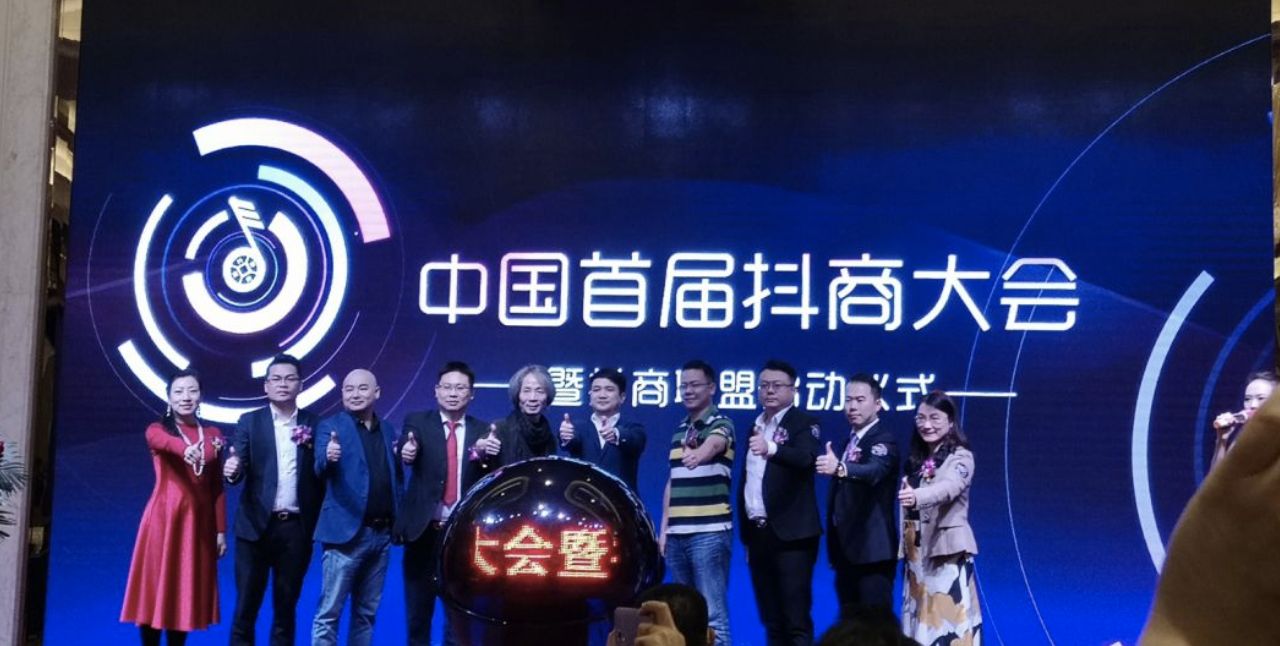
Traditional e-commerce platforms, especially the second and third stage short video shopping guide services, all take the feedback from buyers or users as a consideration for reproduction or resale, and users participate in production. Different from the industrial era, large-scale, strong standards and unified production are carried out on the supply side. The management process pays more attention to the user's operation, and the decision-making process has also changed from a unilateral decision from the bottom to the bottom of the pyramid to a bilateral decision (supply side and user side).
- The Ministry of Civil Affairs urges Tencent Ali's epidemic software to be designed using blockchain
- BTC's market capitalization has fallen to a 7-month low. Has the bull market for mainstream currencies come?
- Coin price is too high to store coins? A giant whale with 100-1000 bitcoins can continue to store coins
Internet shaping finance
The wave of the Internet will also spread to the financial field, and many business processes have been electronicized, such as payment. In the field of mobile payment, private enterprises account for more than 90% of China's mobile payment share. However, in the process of all Internet transformation in the financial field, the most representative is the birth of Internet banking.
These banks were born based on their strong user base. Representatives are Alibaba's e-commerce bank and Tencent's Weizhong Bank. The biggest difference between these Internet banks and traditional commercial banks is that they do not have any physical business outlets, and all their business is completed online. Such a business model is completely different from a physical commercial bank. The business model involves depositing, lending and settlement all completed online. Therefore, it does not have the concept of a branch. All the head offices face all users. The governance structure is flat, there is no layer-by-layer decision transmission, business execution efficiency is high, and user satisfaction is great. Internet bank lending can achieve 321, that is, 3 minutes to apply, 2 minutes to review, and 1 minute to lend. Compared with existing traditional banks, its business efficiency is several times higher. At the same time, Internet banks rely on their big data analysis capabilities to analyze the credit risk and repayment ability of users and merchants' online behaviors such as shopping, socializing, browsing history, etc., and provide them with suitable credit lines and wealth management products, which can achieve thousands of A thousand faces. This is something that traditional banking institutions cannot do. 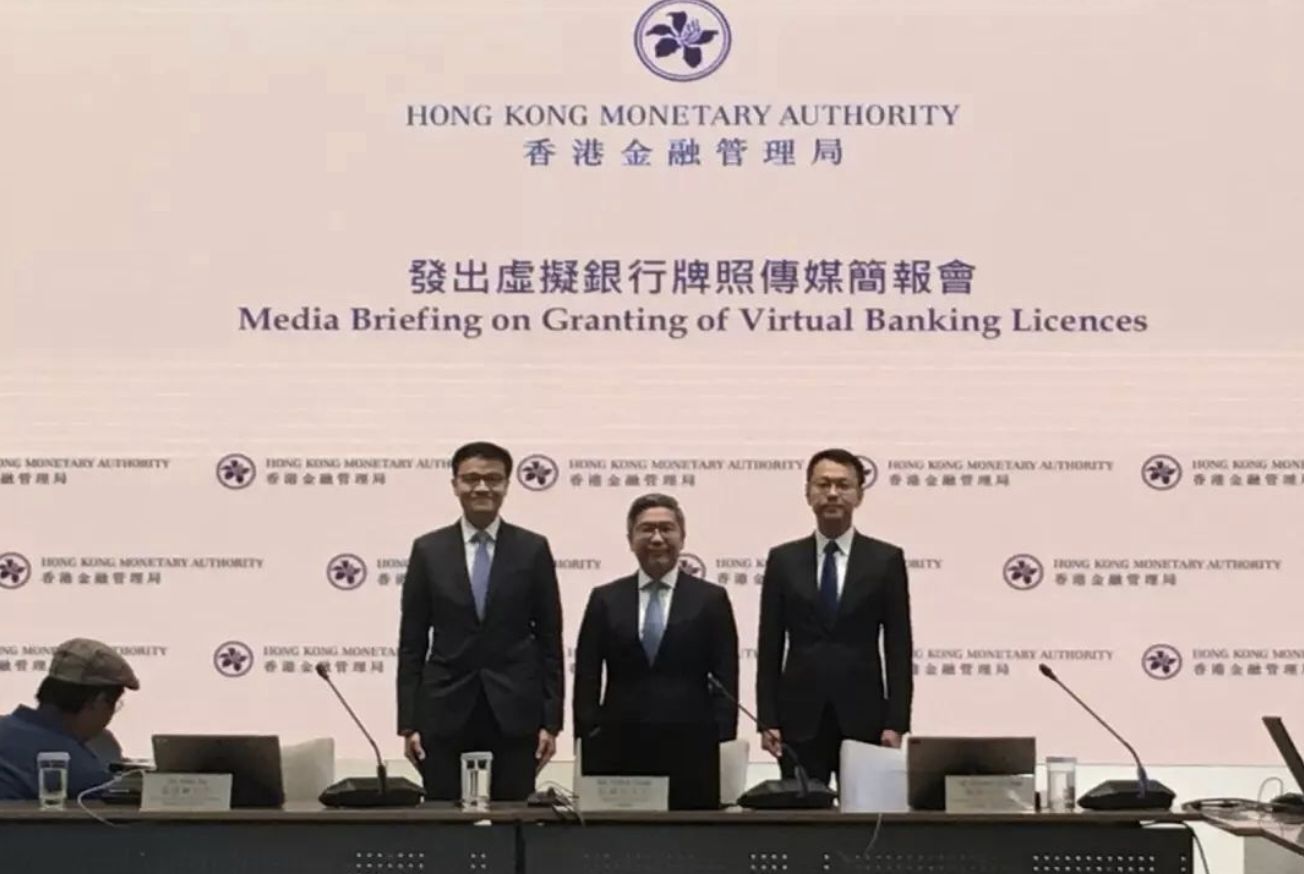
The financial field is a field of strong regulation. The existing Internet banks have many restrictions on conducting business. For example, they are only allowed to provide financing services to individuals and small and medium-sized enterprises, and they are almost not allowed to do storage and storage business, which also limits its credit. Money creation ability. Suck storage can only be provided to consumers in the form of wealth management products. (Such as Alipay's Yu'E Bao, which is essentially a money fund and is China's largest money fund). Credit creation is the most different point that distinguishes banks from other commercial institutions. Therefore, the limit of large single deposits has affected the scale of Internet banking profits.
If the impact of the Internet on traditional industries is limited to flesh, and the impact of the blockchain on its invasion of the industry is "cramps and bones", especially on the native field of the blockchain-the financial sector . The original operating model, business model, and regulatory model of the banking industry, and the cooperation model among bancassurance, banking, and banking supervision will also be restructured. The release of a white paper on the Libra project can arouse the statements of central banks in the world, which is enough to show that it is disruptive to the financial sector. In the last opportunity period of the history of the Internet, Fetion of the "Chinese Character Generation" mobile group in the social field withdrew, and Yixin of the telecommunications group withdrew, and was finally unified by WeChat. In the trillions of markets, the mobile payment sector is evenly divided by Ali Tencent. Throughout the historical opportunity period of the Internet, none of the "national character generation" enterprises were born with phenomenal products. Standing on the cusp of the historical opportunity of the blockchain, the response at the national level is relatively rapid this time, because it touches the financial system, and it hurts. Industrial and Commercial Bank of China established the Fintech Research Institute on November 4, 2019. The Central Bank began to demonstrate the construction of DCEP (Central Bank Digital Currency) as early as 2015. Private companies are the most active in this tide. The Hong Kong Monetary Authority's Financial Technology Regulatory Sandbox has issued eight virtual bank licenses on December 18, 1919. As an upgraded version of Internet banking, virtual banking will become a key financial force in the blockchain era, and a new round of financial structure may then be formed.
Returning to the beginning of the article, Academician Zhang said that the revolutionary intensity of the blockchain will be ten times and hundred times that of the Internet. What about fate? Because the blockchain reaches the bottom of economic activity: trust building and property right confirmation .
Trust building
Blockchain technology is a great technological innovation in the information technology revolution. Its distributed data storage, network-wide consensus accounting, open and transparent data, and immutability make it an infrastructure for honesty in the era of big data. 
In a free market economy, each individual is a rational person and pursues the maximization of benefits. Due to the asymmetry of information, it is often difficult for the two parties to establish trust and hinder commercial exchange. In order to avoid risks, a third party or a central counterparty is often required as a guarantee agency, such as a bank, Alipay, and guarantee services for both parties to a transaction. Guarantee agencies draw certain service fees from it, increasing transaction costs, especially for small payments with high frequency of payments and thin profits, which compress their profit margins. At the same time, in order to secure transactions, the main body of the market needs to pay time and energy every time it looks for a third-party trust institution. This traditional third-party commercial form of guarantee has too many layers of business flow, information flow, and capital flow, and the transaction cycle is too long. If there are a large number of centralized credit intermediaries and information intermediaries in the industrial chain, it will slow down the system operation efficiency and increase the cost of capital transactions . Blockchain, as the infrastructure of the integrity network in the era of big data, makes market transactions no longer require third-party credit enhancement agencies, direct end-to-end transactions, and theoretically completes business flow, information flow, and capital flow in seconds. Make the whole social transaction smooth and low friction.
Data confirmation
Privatization of property rights can greatly reduce costs and obtain exclusivity, which essentially internalizes externalities, and at the same time confirming rights can greatly motivate producers. 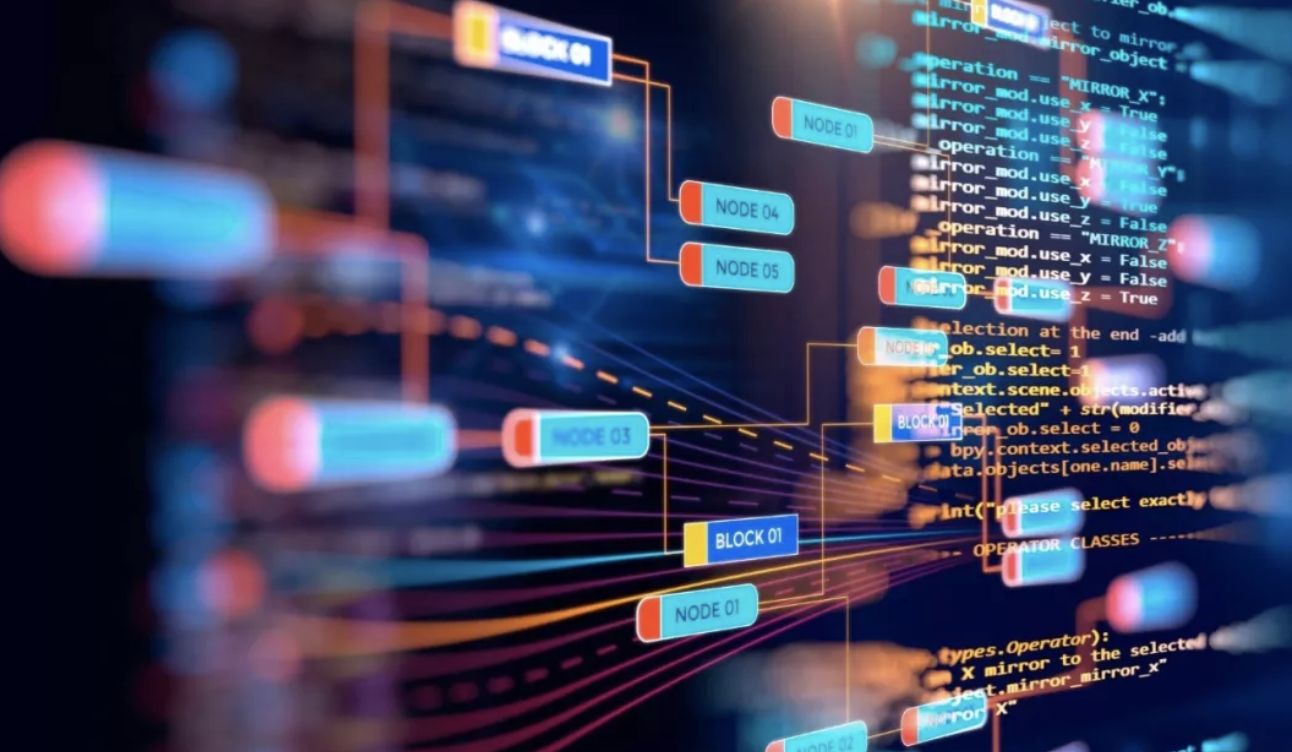 The two objects in the material world (atomic world) are almost different, just like it is difficult to find two leaves that are exactly the same. If you break down to the atomic level you can always find the difference. Therefore, the resources of the physical world are easy to distinguish. The Internet has completed the mapping of the physical world to the bit world, and all the physical information has been digitally transformed. In this Internet network, it is specifically based on the TCP / IP protocol. All public digital resource owners can easily share and share. Geographical restrictions are shielded and the time period is shortened. Greatly improved the utilization of resources and greatly increased productivity. However, in the bit world, digital information cannot be distinguished well. Information can be copied very easily. The copied information is exactly the same as the original data. Although it is convenient to use, it brings great challenges to information protection. Timestamp each generated information object in the blockchain, making the information heterogeneous. Information protection becomes easy. At the same time, the digital signature technology and public-private key system in the blockchain can secure digital information to people. Digital information in the entire bit world is effectively protected, and digital resources will generate huge productivity. In the Internet era, individuals are data producers, and individuals should have the right to dispose of, use, and share revenue. But users' massive amounts of data are often monopolized by Internet giants and have been tastelessly occupied. For example, banks, WeChat, Visa, Didi, Meituan, etc. The blockchain has the right to the data, so that in the future, it can obtain the part of its own revenue from corporate profits.
The two objects in the material world (atomic world) are almost different, just like it is difficult to find two leaves that are exactly the same. If you break down to the atomic level you can always find the difference. Therefore, the resources of the physical world are easy to distinguish. The Internet has completed the mapping of the physical world to the bit world, and all the physical information has been digitally transformed. In this Internet network, it is specifically based on the TCP / IP protocol. All public digital resource owners can easily share and share. Geographical restrictions are shielded and the time period is shortened. Greatly improved the utilization of resources and greatly increased productivity. However, in the bit world, digital information cannot be distinguished well. Information can be copied very easily. The copied information is exactly the same as the original data. Although it is convenient to use, it brings great challenges to information protection. Timestamp each generated information object in the blockchain, making the information heterogeneous. Information protection becomes easy. At the same time, the digital signature technology and public-private key system in the blockchain can secure digital information to people. Digital information in the entire bit world is effectively protected, and digital resources will generate huge productivity. In the Internet era, individuals are data producers, and individuals should have the right to dispose of, use, and share revenue. But users' massive amounts of data are often monopolized by Internet giants and have been tastelessly occupied. For example, banks, WeChat, Visa, Didi, Meituan, etc. The blockchain has the right to the data, so that in the future, it can obtain the part of its own revenue from corporate profits.
Reinventing internal governance processes
Regardless of the public organization sector or economic organization, the bureaucratic management model is mostly adopted. From a purely technical perspective, the bureaucracy (bureaucratic model) is the most efficient governance model. It orders management from top to bottom. The implementation efficiency is often very efficient. However, in actual operation, bureaucracy is easy to alienate: bureaucracy management such as redundant regulations, strict program management, and division of labor barriers has become synonymous with inefficiency. Today's corporate governance increasingly emphasizes flexible scheduling capabilities, such as increasing sensitivity to market changes and increasing the ability to respond to crisis public relations matters. When these things happen, the different departments within the organization are often blocked due to interests, competition, or human factors, and department collaboration is inefficient. 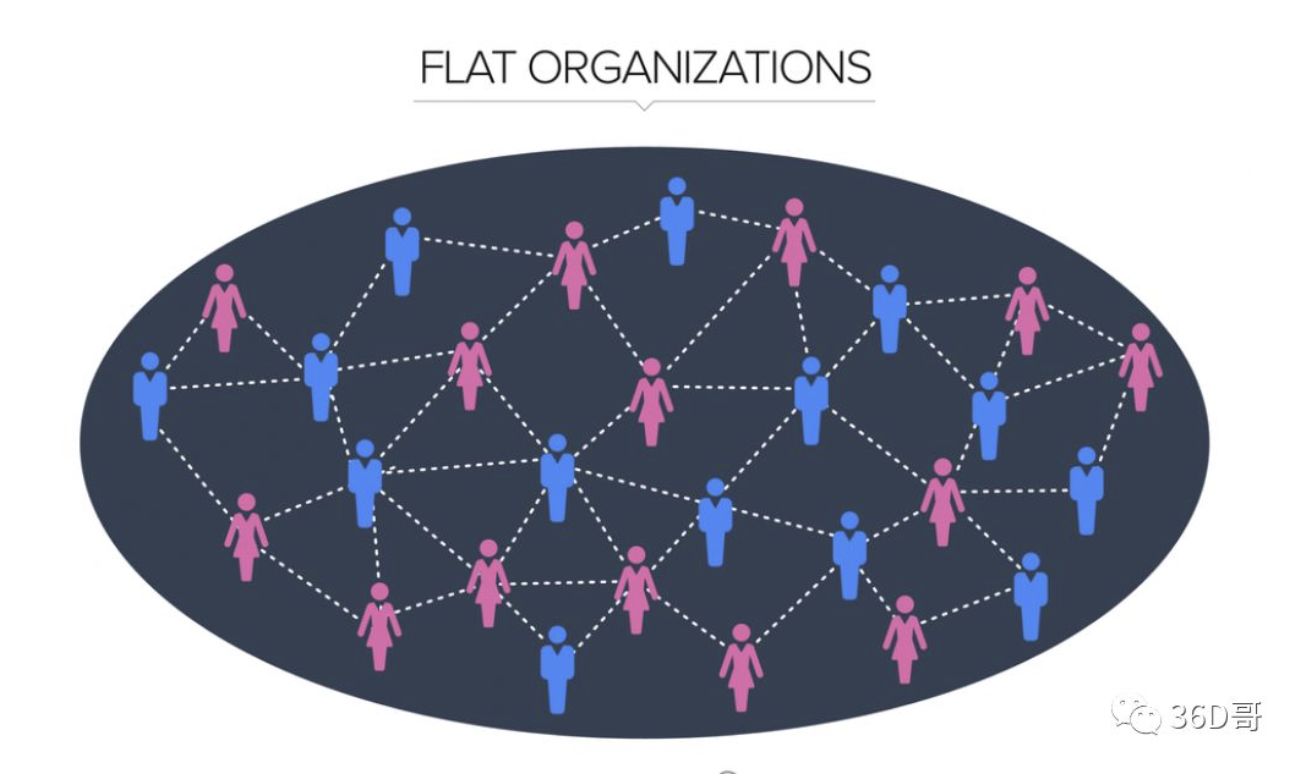 The organizational reengineering movement born in the 1980s is to improve this shortcoming of the bureaucracy. The basic idea is to use information technology to reduce friction in the work process, to achieve cross-functional, cross-authority, cross-level database information sharing to greatly improve efficiency. But globally, the organizational reengineering movement hasn't made a big impact. The reason is that although the development of information technology has promoted the development of business flow to electronic flow, the "data island" problem and data right in the bit world have not been resolved. Blockchain technology is based on the TCP / IP, the underlying protocol of the bit world. It uses technology to complete the trust building and data confirmation of the digital world, and at the same time, protects the privacy of the data. As a result, organizations can collaborate on data from different departmental levels on an overall level, and truly realize user-oriented one-stop services from horizontal business processes. From the vertical level, the intermediate redundant levels are compressed to achieve flat organization management.
The organizational reengineering movement born in the 1980s is to improve this shortcoming of the bureaucracy. The basic idea is to use information technology to reduce friction in the work process, to achieve cross-functional, cross-authority, cross-level database information sharing to greatly improve efficiency. But globally, the organizational reengineering movement hasn't made a big impact. The reason is that although the development of information technology has promoted the development of business flow to electronic flow, the "data island" problem and data right in the bit world have not been resolved. Blockchain technology is based on the TCP / IP, the underlying protocol of the bit world. It uses technology to complete the trust building and data confirmation of the digital world, and at the same time, protects the privacy of the data. As a result, organizations can collaborate on data from different departmental levels on an overall level, and truly realize user-oriented one-stop services from horizontal business processes. From the vertical level, the intermediate redundant levels are compressed to achieve flat organization management.
Reshaping inter-organizational cooperation models
Blockchain brings not only technological improvements, but also the introduction of new organizational forms. Today, the familiar business society is largely independent of each economic subject. Despite the digital transformation of the Internet, the entire business society is still a large centralized, regionally closed information network structure. Barriers to information exchange and sharing among various organizations are high. Each of us has not only installed an application on our mobile terminal, but also social communication software, including WeChat, line, telegram, and WhatsApp. The payment software will be Alipay, WeChat, PayPal, and the shopping software will be selected by Tmall, JD.com and NetEase. These large Internet giants collect massive amounts of user data and put them on their own servers. Iteratively update their products and provide better services through analysis of user data. Data becomes the core asset of these large companies. The more data they have, the more competitive advantage they have . They will not share this data with other economic entities. For example, WeChat will not share its social relationships with Taobao, and Taobao will not share users' shopping records with WeChat. The "data island" trend in the Internet age is getting more serious. From this social perspective, the fragmentation and shielding of data resources has greatly reduced the effectiveness of information in promoting the economy.
The technical endowment of blockchain technology trust, data confirmation, and privacy protection provides technical implementation for the cross-regional, cross-subject, and cross-account exchange and sharing of information in the digital age. The technical characteristics of the distributed, end-to-end, and multi-center of the blockchain can restructure the existing business society's organizational structure within a certain range, thereby forming a new cooperation model that pursues multi-party participation and peer-to-peer collaboration. This cooperation mode is an organizational means to realize the sharing and collaboration of information among multiple business entities. Together with the multiple entities, it builds an open source ecosystem of co-construction, sharing, and co-governance. Reshaping the Value Governance System The Internet advocates equality, openness, sharing, and collaboration, but Internet technology has not fulfilled its value mission. Blockchain advocates autonomy. For example, the DAO distributed autonomous organization in the current public chain ecosystem gradually evolves the original authoritarian, hierarchical, and control value system into an equal, shared, and prescriptive value governance system . In fact, such a value governance system can be traced back to the birth of the blockchain. The origin of the idea of blockchain is originally the values pursued by a group of strongly anarchic tech geeks. In addition, the characteristics of blockchain decentralization have gradually changed from the business values driven by the cost and efficiency of large centralization in the past to the multi-center fair and shared business values. The Internet's value mission of equality, openness, sharing and collaboration will be completed in the blockchain era. 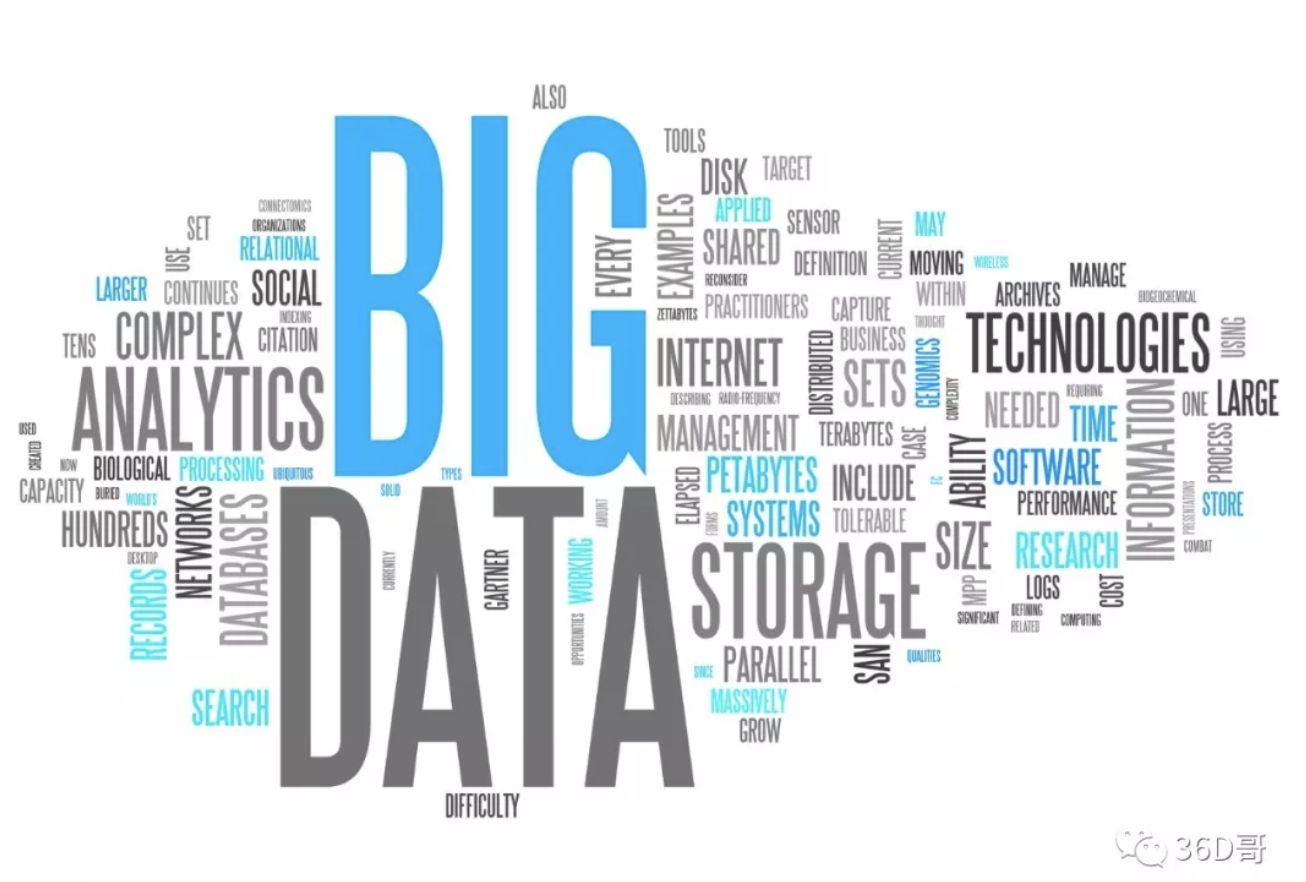 At this point, I have read through the series of articles on the blockchain. This part of the content focuses on thinking about the transformative effect of the blockchain on modern business and the significance of the times from an overall level. Subsequent articles will focus on a hot topic in the blockchain industry, and then give their own understanding.
At this point, I have read through the series of articles on the blockchain. This part of the content focuses on thinking about the transformative effect of the blockchain on modern business and the significance of the times from an overall level. Subsequent articles will focus on a hot topic in the blockchain industry, and then give their own understanding.
We will continue to update Blocking; if you have any questions or suggestions, please contact us!
Was this article helpful?
93 out of 132 found this helpful
Related articles
- Read the overview of China's blockchain policy as of 5 minutes
- The detailed explanation of the original text of V God: solving the 51% attack problem of the blockchain through the timeliness detector (TD)
- Active change, Libra or USD single anchor
- Lamborghini has a correlation with Bitcoin. Can it predict the price trend?
- DAO, rises in 2020
- Do you know the 5 important elements of blockchain cross-chain interoperability?
- How much bitcoin has been sucked out of the "black hole"? | Bitcoin Secret History





